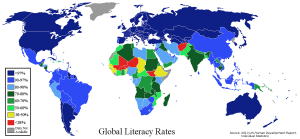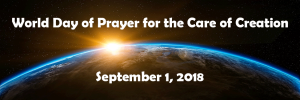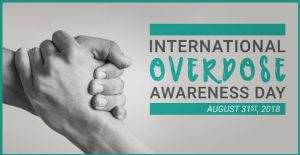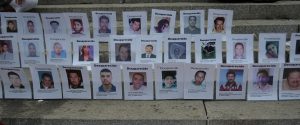
The United Nations’ (UN) International Literacy Day annually falls on September 8 to raise people’s awareness of and concern for literacy issues in the world.
International Literacy Day highlights the importance of literacy in areas such as health and education. International Literacy Day highlights the importance of literacy in areas such as health and education
Background
According to UNESCO, about 774 million adults lack the minimum literacy skills. One in five adults is still not literate and two-thirds of them are women. About 75 million children are out-of-school and many more attend irregularly or drop out. However, literacy is also a cause for celebration on the day because there are nearly four billion literate people in the world.
The UN General Assembly proclaimed a 10-year period beginning on January 1, 2003, as the United Nations Literacy Decade. The assembly also welcomed the International Plan of Action for the Decade and decided for UNESCO to take a coordinating role in activities at an international level within the decade’s framework. On International Literacy Day each year, UNESCO reminds the international community of the status of literacy and adult learning globally. This day was first celebrated on September 8, 1966.
Source: Text: timeanddate.com Images: Wikipedia


 The International Day of Charity was conceived as a
The International Day of Charity was conceived as a 

 International Overdose Awareness Day is a global campaign that works towards preventing overdose, reducing the stigma associated with it, and providing support to families and loved ones of overdose victims. The unofficial awareness day is observed every year on August 31.
International Overdose Awareness Day is a global campaign that works towards preventing overdose, reducing the stigma associated with it, and providing support to families and loved ones of overdose victims. The unofficial awareness day is observed every year on August 31.



 The United Nations’ (UN) International Day for the Remembrance of the Slave Trade and its Abolition is annually observed on August 23 to remind people of the tragedy of the transatlantic slave trade. It gives people a chance to think about the historic causes, the methods, and the consequences of slave trade.
The United Nations’ (UN) International Day for the Remembrance of the Slave Trade and its Abolition is annually observed on August 23 to remind people of the tragedy of the transatlantic slave trade. It gives people a chance to think about the historic causes, the methods, and the consequences of slave trade.